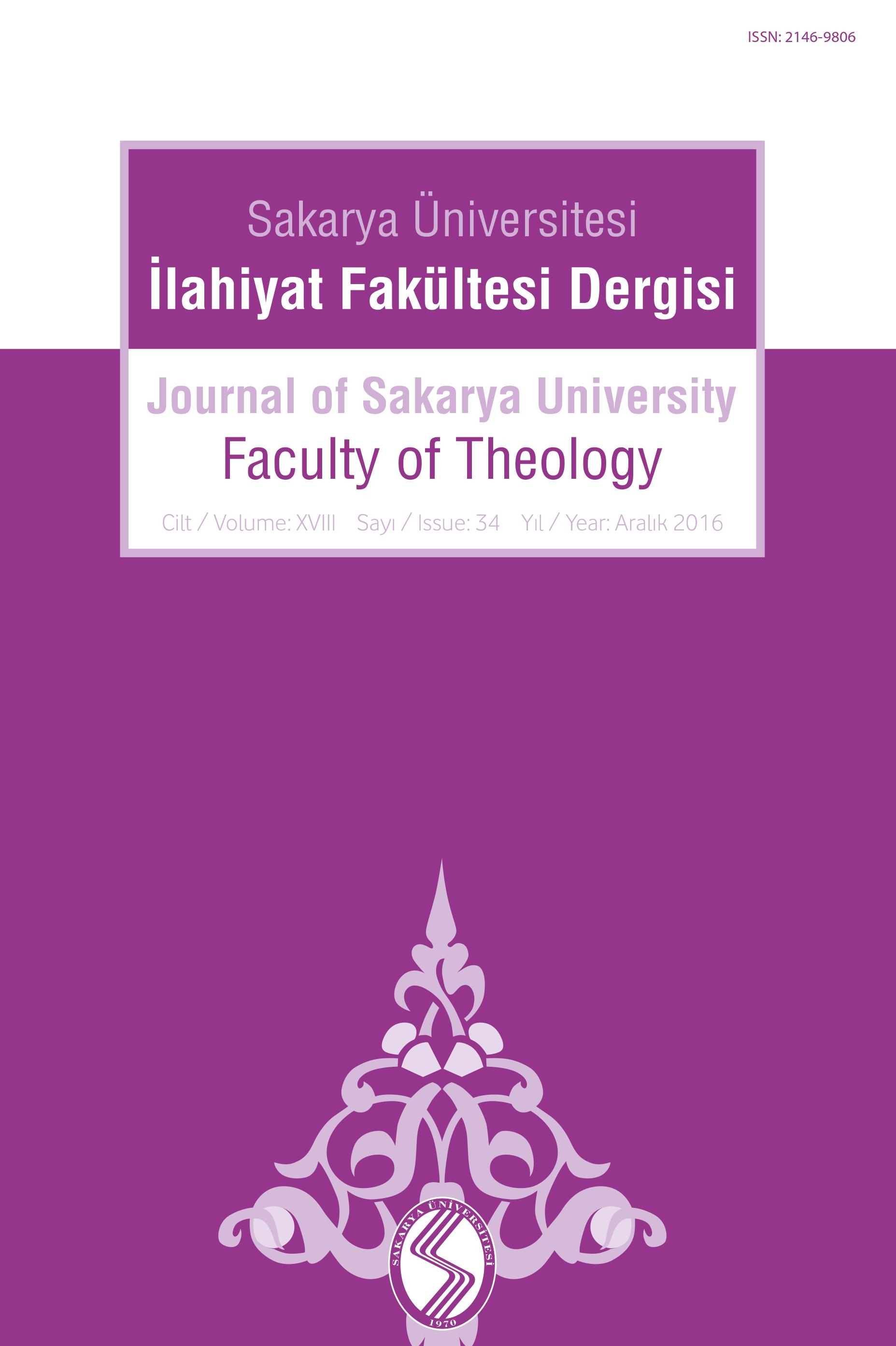NAHİVCİLERİN İSTİSNAÎ DURUMLARLA İLGİLİ YAYGIN İZAH BİÇİMLERİ
Common Explanatory Forms of Arabic Linguistic Scholars on Exceptional Situations
Author(s): Yunus İNANÇSubject(s): Language studies, Theology and Religion
Published by: Sakarya üniversitesi
Keywords: Nahw; Usūl al-nahw; Ta‘līl; Exceptional Situations;
Summary/Abstract: Arabic linguistic scholars have taken care to ensure that the rules are general, comprehensive, consistent, and functional when they put the language rules. In this framework they have reached the systematic rules that dominate the whole language. However, sometimes depending on the natural structure of the language they has encountered exceptional circumstances which are beyond the general rules. Arabic linguistic scholars have resorted to various explanations and justifications about these uses because they think that the specific exceptions are in the general framework of the language and these exceptions are not entirely excluded of general rules and they do not need to set a new rule for these. In this study, we are going to give a brief information about description process of the linguistic scholars on the reasons behind the language rules. Then, we are going to mention about common forms of explanation they applied in the justification of the rules. Besides i am going to examine about various interpretations of the background of the uses which do not create an exceptional situation, but which raise question marks in the minds of the language partners.
Journal: Sakarya Üniversitesi İlahiyat Fakültesi Dergisi (SAUIFD)
- Issue Year: 20/2018
- Issue No: 38
- Page Range: 111-140
- Page Count: 30
- Language: Turkish

